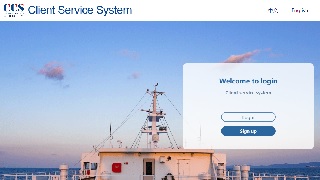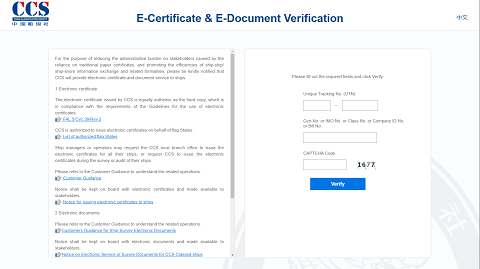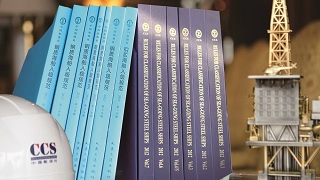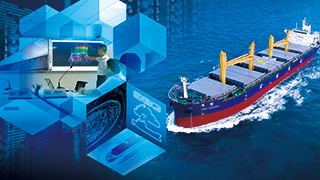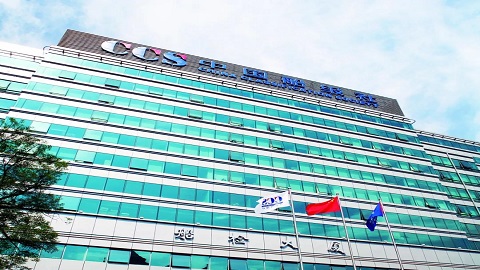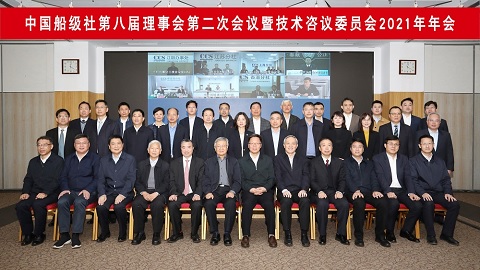01/01.1970
Ships are made of a variety of materials
and equipment and during a ship survey, these items are collectively called
products. As ships sail on water for a long time, these products must meet the
requirements of safety and reliability under challenging conditions, including situations with high
salinity and high humidity in a dynamic, and long-term operational environment.
Therefore, the role of the marine product inspection is to verify the
conformity, applicability and reliability of materials and equipment through the
technical evaluation in accordance with the technical regulations and
specifications issued by the competent authority and classification societies. The
inspection service is provided for product manufacturing companies, such as
steel mills, equipment manufacturers, etc.
Marine product inspections include
individual/batch inspections, design approvals, type approvals, works approval,
approval of inspections and testing institutes and
principle approvals, etc. Following the inspections regime, the “Marine Product
Certificate” (or “Equivalent Certificate”), the “Approval Certificate” and
other documents are issued, respectively.
China Classification Society (CCS) launched
its product inspection services more than 60 years ago. It has mature inspection modes, working
procedures, and operational methods, and has formed a relatively complete
inspection system.
CCS has an experienced inspection team
who participate in more than 20 national-level scientific research projects
every year. They implement effective control over each link that affects product
quality like product design, manufacturing, testing and quality management,
thereby ensuring that product quality meets the requirements of relevant
conventions, laws and regulations, codes and standards, and providing a prerequisite for guaranteeing ship quality and the
safety of life at sea.
CCS performs approvals and inspections
for product manufacturers worldwide in more than 70 countries and regions in
Asia, Americas, Europe and beyond. CCS has approved more than 7,000 manufacturers
and it issues more than 300,000 product certificates for its clients every
year. The products
inspected cover various industries such as metallurgy, machinery, electronics, oil,
chemical engineering, and shipbuilding.
For
more information on the “Product Inspection” regime of the China Classification
Society, please refer to Chapter 3, Part 1 of the CCS Rules for Classification
of Sea-going Steel Ships(Click here). For more information, please contact us:Tel: 0086-21-3810-3599E-mail: mp@ccs.org.cn More convenient services:EFor more information, please refer to Chapter 3, Part 1 of the CCS Rules for Classification of Sea-going
Steel ShipsEFor product inspection services, please consult your local CCS office
EFor FAQs about marine product inspections, please click
to download the Product Inspections information in FAQs

